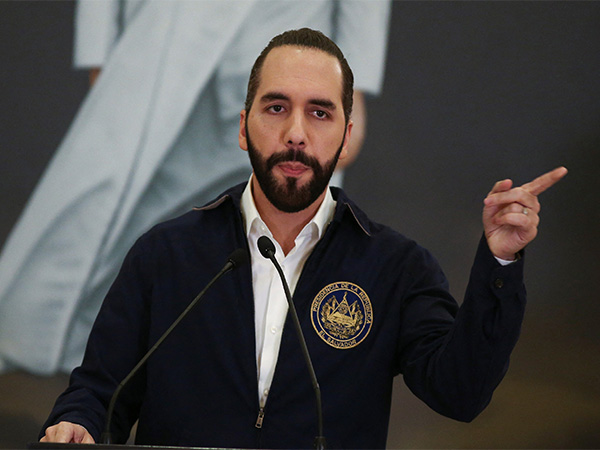El Salvador's Controversial Constitutional Reforms: Expanding Presidential Power
El Salvador's parliament, led by President Nayib Bukele's ruling party, has passed constitutional reforms allowing indefinite presidential reelection and elongating presidential terms from five to six years. These changes, justified as aligning national and congressional election cycles, face criticism as weakening democratic institutions by promoting power consolidation and potential nepotism.

- Country:
- El Salvador
In a significant political development, El Salvador's ruling party, under President Nayib Bukele, has enacted constitutional reforms that facilitate indefinite presidential reelection and extend presidential terms from five to six years, according to a report by France 24. Proposed by Ana Figueroa of the New Ideas party, the reforms received swift approval in the National Assembly, where Bukele's party commands a supermajority, passing with 57 lawmakers in favor and only three opposed.
The amendments affect five articles of the constitution, notably eliminating the need for a second-round runoff in presidential elections. Figueroa defended the reforms by noting that other officials like legislators and mayors already enjoy the right to unlimited reelection. As a strategic move favorable to Bukele, Figueroa proposed shortening Bukele's current term, originally set to end on June 1, 2029, to June 1, 2027, thus aligning presidential and congressional elections and allowing Bukele to pursue a lengthier six-year term sooner.
Despite the overwhelming support from Bukele's allies, the opposition has decried the reforms as detrimental to El Salvador's democratic fabric. Marcela Villatoro of the Nationalist Republican Alliance, one of the trio of dissenting lawmakers, proclaimed that democracy in the nation has effectively perished, warning of the implications of indefinite reelection, such as power concentration and weakened democracy. Bukele's popularity remains bolstered by his tough stance on street gangs, although his tactics, including alleged negotiations with gangs, have attracted criticism.
(With inputs from agencies.)
ALSO READ
The Battle for Thackeray: Identity and Political Power in Maharashtra
Bihar's Electoral Roll Controversy: A Clash of Politics and Democracy
Taiwan-EU Alliance: Defending Democracy Amid External Pressures
Mamata Banerjee Declares 'Battle for Democracy' Ahead of TMC's Martyrs' Day Rally
PM Modi hails Chola-era 'Kudavolai system' for democracy, says it predates UK's Magna Carta.










